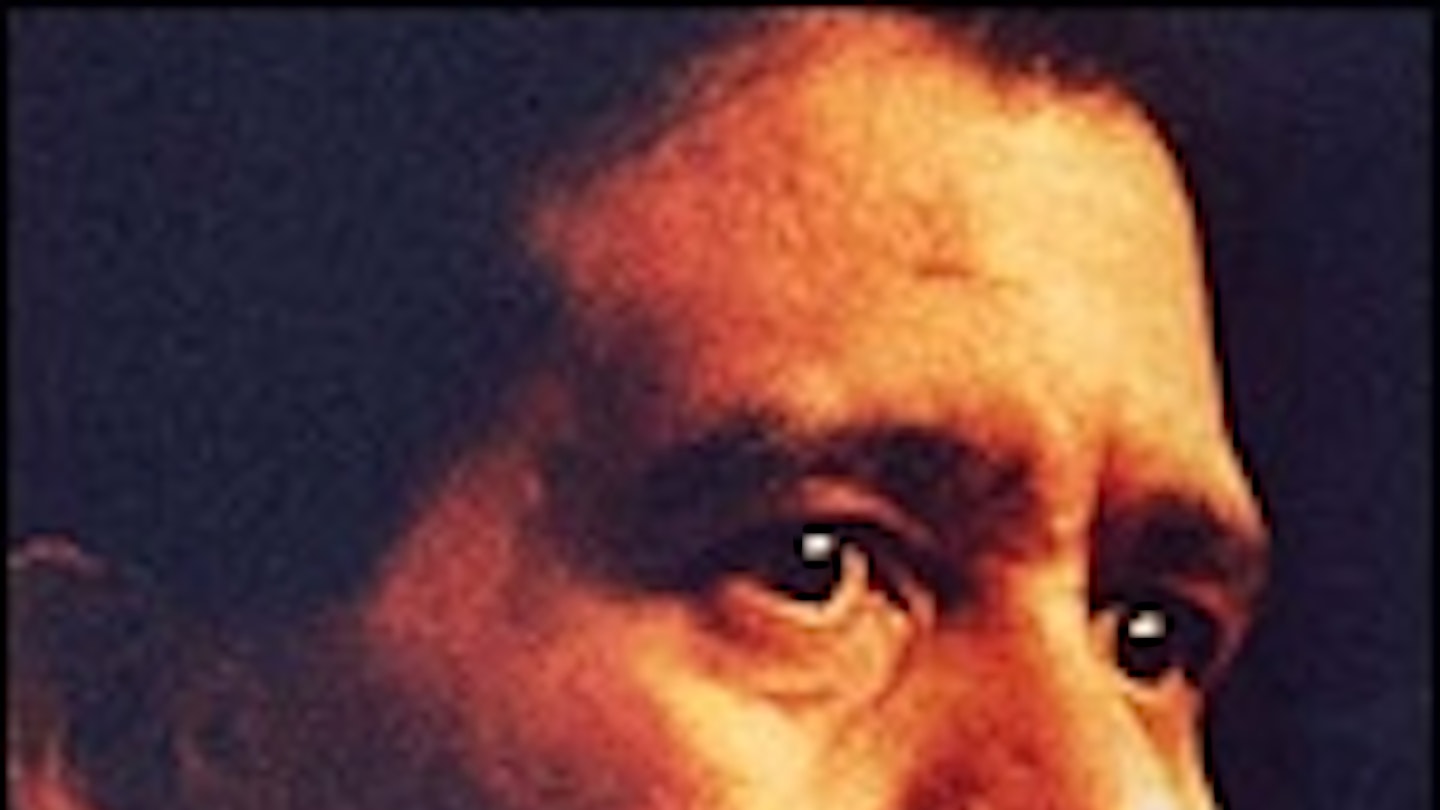US comedian and actor Richard Pryor, who incensed as many people as he thrilled with his biting routines, died of heart failure in Los Angeles on Saturday. Appropriately for a man whose comedic influence can be felt even today, his wife, Jennifer Lee Pryor, said that he died “with a smile on his face”.
Director Spike Lee said that Pryor was "an innovator, a trailblazer", and added: "It's a great loss." Comedians on both sides of the Atlantic have been lining up to pay their respects, with Lenny Henry saying: "He was one of the greatest comedians who ever drew breath. He was a character comedian on a par with [Charlie] Chaplin - he could do things with his body that Rowan Atkinson could only dream of."
Pryor’s infamous monologues catalogued every element of black society and featured street characters who had previously been stereotypes to white people and embarrassments to blacks. By never playing his characters anything less than completely truthfully - refusing to tell “jokes”, focusing rather on human exchanges - Pryor crossed racial boundaries that were previously unthinkable, and attracted fans in every cultural group in America. "A lie is profanity," he explained. "A lie is the worst thing in the world. Art is the ability to tell the truth, especially about oneself."
Despite battling multiple sclerosis for the last twenty years, Pryor kept on filming until 1997 when he appeared in David Lynch’s Lost Highway. He’d battled with his health for years, combating violent behaviour caused to no small degree by drug use and his abusive upbringing in the bars and bordellos of vaudeville town Peoria, Illinois.Pryor moved to New York in 1963 to try and follow in the footsteps of his idol Bill Cosby. Two years later, Pryor was nationally known as a mainstream comedian, which frustrated him: "I made a lot of money being Bill Cosby," he recalled, "but I was hiding my personality. I was being a robot comic, repeating the same lines, getting the same laughs for the same jokes. The repetition was killing me.”
After a first comedy album in 1967 hinted at his new direction, Richard Pryor emerged in 1970 with the coruscating routines that he was to become famous for. His 1974 and 1975 comedy albums both won Grammys and surprised music execs by appealing to young white kids as well as black. Robin Williams, Eddie Murphy (Richard Pryor was simply "better than anyone who ever picked up a microphone.") and Chris Rock owe Pryor a huge debt, as much of their style claims his influence.
Damon Wayans of the **Scary Movie **films said: "There are many different kinds of comedians - the observational humorist, the impressionist, the character creator, the physical comedian, the self-deprecator, and the dirty-joke teller. What made Richard Pryor so brilliant is he was able to incorporate all these styles at once."
What made Pryor different from any other black comedian of the time was that he mixed cutting edge material with real Hollywood clout. A series of hit comedy films in the 1970s and 1980s, like Brewster’s Millions, made him one of Hollywood’s highest paid stars and gave him the rare influence to negotiate his own deals. His best material came through his stand-up however, with his routines providing a searing insight into race relations and modern life.
"I wish that every new and young comedian would understand what Richard was about and not confuse his genius with his language usage," comedian Bill Cosby said.
For Pryor’s material was fruity to say the least. In 1970, his flavoursome language lead him to be fired by a Las Vegas hotel, and in 1977 he threatened to cancel a TV contract with NBC after it objected to a sketch which suggested he’d been emasculated. He was originally going to play Bart in Blazing Saddles, but his material meant Mel Brooks couldn’t get funding for it so he co-wrote the script instead.
His personal life was just as colourful as his material, if entirely lacking in humour. Pryor had eight children from marriages and affairs, got divorced six times before remarrying Jennifer Lee, and took cocaine every day for fifteen years. Pryor was dogged by self-destructive behaviour, being put on probation twice in the 70s before a horrific suicide attempt in 1980 when he doused himself in rum and set himself on fire after a massive cocaine binge. Pryor wandered around LA with third degree burns before being found and hospitalised for skin grafts.
A period of spiritual renewal followed with his humour becoming more introspective and gentle. By 1986, he was labelled as a bland actor – around the same time, he was diagnosed with the MS that was to plague the rest of his life. Regardless of this, Pryor made eight more films and in 1998 was awarded the first Kennedy Center Mark Twain Humor Prize.
In an acceptance statement he said: "Two things people throughout history have had in common are hatred and humor. I am proud, that like Mark Twain, I've been able to use humor to lessen people's hatred. I feel great about accepting this prize. It is nice to be regarded on par with a great white man. Now that's funny."
